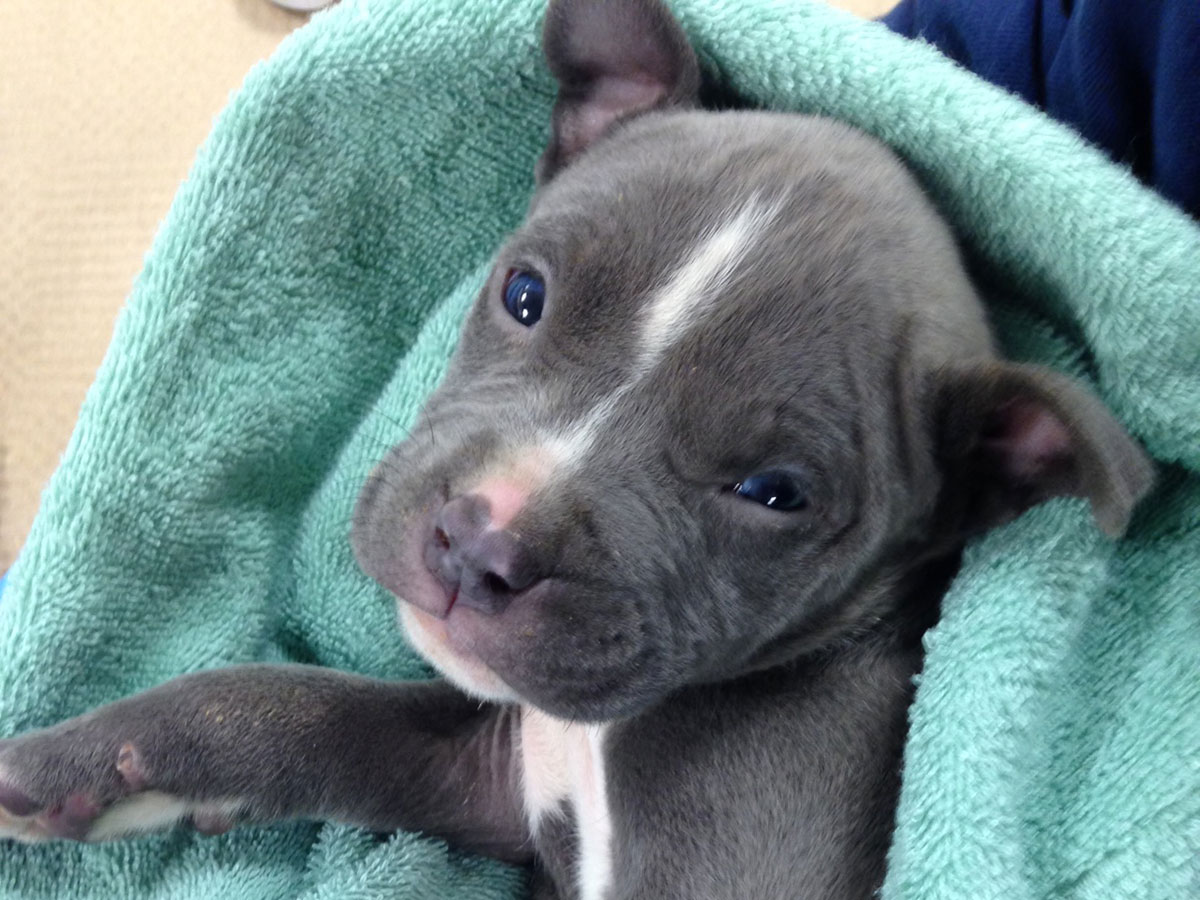How to Help Your Pet with Allergies

Photo provided by Angell Animal Medical Center.
It’s no secret that for millions of Americans, allergies are an inevitable (if not annoying) part of life. What many people don’t realize, however, is that humans are not alone in all their sneezy, red-eyed misery; animals actually suffer from allergies too. In fact, up to 18 percent of the pet population is living with some form of allergies, according to veterinary dermatologist Klaus Loft.
“Allergies are the main part of dermatology in veterinary medicine,” Loft says, adding that they account for 85 percent of all dermatology cases.
As a practitioner at Angell Animal Medical Center, Loft has around 2,000 allergy-related appointments per year. He says that many things which trigger allergic reactions in humans—including pollen, chemicals, and dust mites—can also be troublesome for cats and dogs. Like humans, animals may develop ear infections as well as rashes, hives, or lesions on their skin when exposed to certain allergens or contaminants. Pets can also experience airway irritation, although this is more common in cats than in dogs. Cats are also more susceptible to food allergies, but Loft stresses that fears some pet owners have recently expressed about grain intolerance in animals are largely unfounded.
“Grain is the new thing everyone talks about,” Loft says. “Unfortunately it’s the buzz word of the media and pet stores, [but] there’s nothing allergenic about grain in particular.”
So what can pet owners do to keep their four-legged friends healthy? Loft says there are medicines, including anti-fungals and new autoantibody drugs, to manage symptoms and help make pets more comfortable. For food allergies, Loft recommends putting pets on elimination diets for 60 to 90 days to determine the cause. It’s also important to look for specific symptoms of pet allergies, including skin irritation, excessive itching, front-leg biting, or recurrent infections.
“Animals are not going to get cured,” Loft says. “The good thing is [pets] can live a pretty good life with allergies.”


